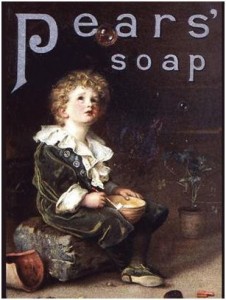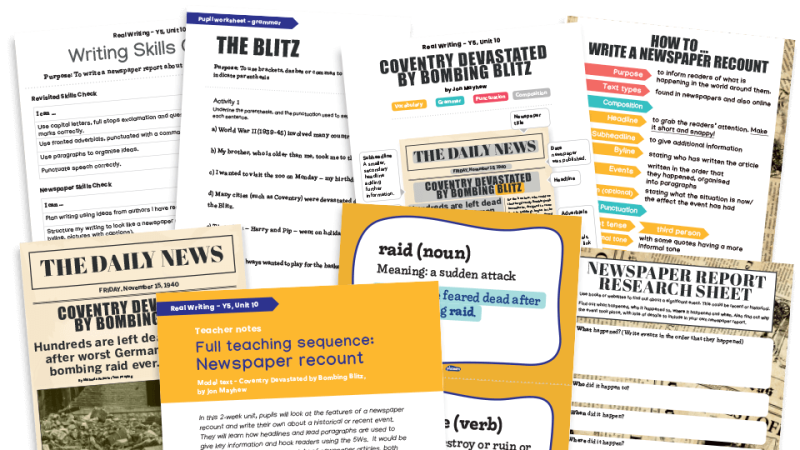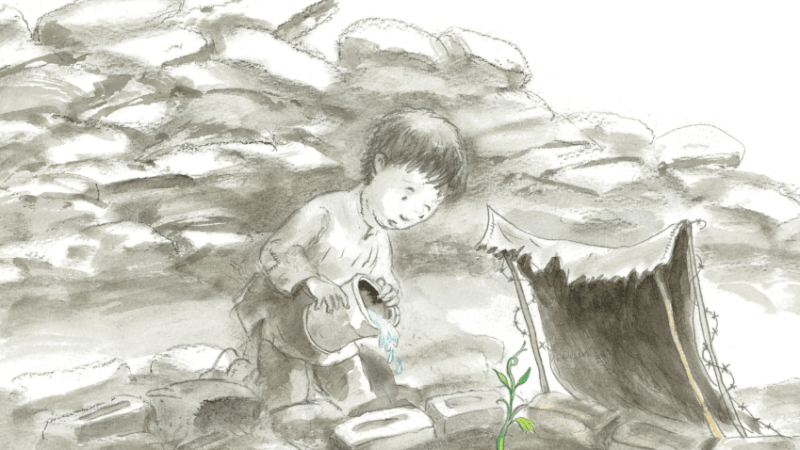“Brands Build Trust” – Parents Need To Know What Your Business, And Our Sector, Stands For

Your brand must be translated across every level of your business’ culture and values, says June O’Sullivan MBE

Brands may seem like a modern idea but they actually originated in ancient times when craftsmen imprinted their trademarks on their goods. Since then, of course, the concept has become much more sophisticated, encompassing ownership, identification and sales, and carrying powerful emotional and lifestyle associations.
A particularly famous example of the brand’s evolution came in the late 1800s, when Thomas Barratt used a painting called Bubbles by John Everett Millais to advertise Pears’ soap and in doing so showed how advertising a brand could evoke a lifestyle aspiration.

In this case the image of Pears’ soap became associated with comfort and the Victorian middle-class lifestyle.
Modern businesses continue to explore the brand concept, recognising how important it is to their success. Many spend millions of pounds developing and sustaining a strong brand, ensuring an influential brand identity and attachment in order to distinguish their products and services and build a long-term loyal customer base in a competitive marketplace.
Developing a brand generally requires three steps (sometimes described as the brand pyramid). It usually involves considering
| 1. | Your values – what is your business about? What makes you different from your competitors? |
| 2. | What you want your customers to think of when your brand comes to mind (safe, happy, pioneering, unusual?). How will you build loyalty? |
| 3. | Which of your skills your customers particularly need, and how you can deliver them in a way that sets you apart from others. How will you behave? Are you open till late? Do you offer a concierge service? Is that what your customers want? |
Your brand must be translated across every level of your business’ culture and values. Use your branding to ask, “What do we stand for?”
Now you must make the brand recognisable externally and internally. Externally, your brand will be visible through your logo, colours, fonts, uniforms, messaging, website and signage. Internally, policies, procedures, behaviours, communication and staff training all need to reflect your values.
A brand for the sector
I believe it’s time to develop the ‘early years’ brand, so parents understand what it means. Let’s consider an early years brand pyramid:
What are our values? What do we stand for? We stand for the best education for small children, which means balancing teaching and learning with love and care, and providing a physical, emotional and learning environment that helps them develop and thrive and enjoy childhood.
What do we need parents to feel when the term ‘early years’ is used? Trust, assurance, harmony, confidence, calm, friendship and appreciation for the shared teaching experience.
What do we do that’s different from the rest of education? A nursery generally provides teaching and care 51 weeks of the year between the hours of eight and six. This means parents can work. We provide breakfast, lunch and tea. Our ratios are higher. We can have the children from babyhood to age five, offering consistency and a home from home.
We need the public to understand what we do so they can make better decisions for children. A strong honest brand could also drive quality, as parents would soon have something to say if the early years brand was not translated in a recognisable and consistent way.
Brands help build trust, trust builds commitment and commitment builds loyalty, and that’s what’s needed between the early years and the public.
June O’Sullivan MBE is the CEO of the London Early Years Foundation; you can find her personal blog at juneosullivan.wordpress.com, and follow her at @JuneOSullivan











